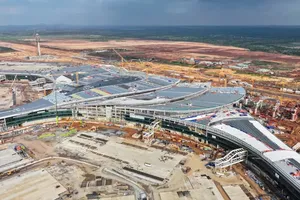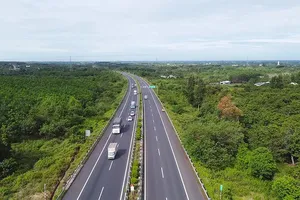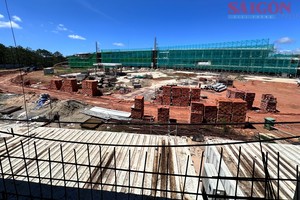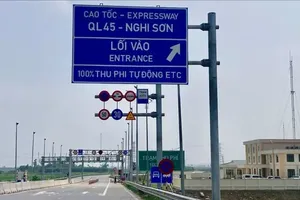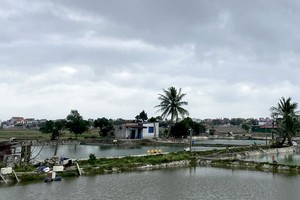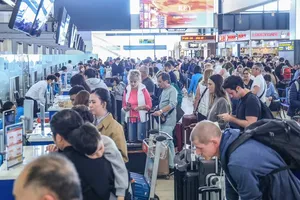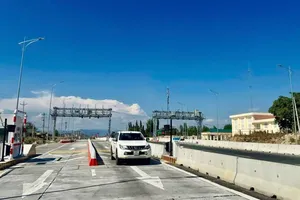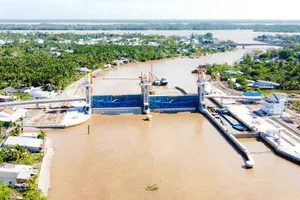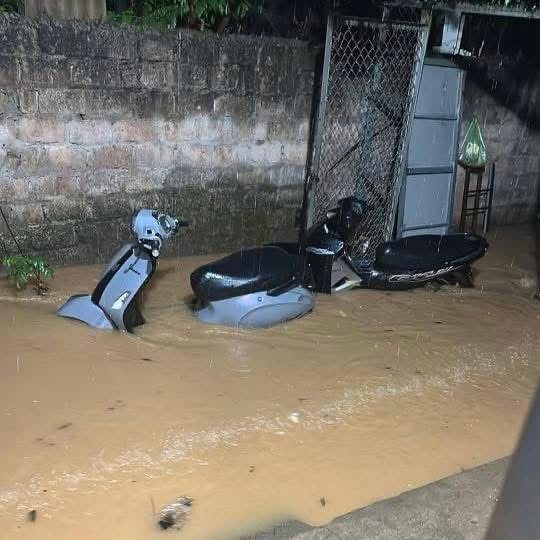
According to local reports, prolonged downpours overwhelmed the city’s drainage systems, inundating numerous streets and forcing residents to stay up through the night to protect and relocate their belongings. In the area near the underpass at Alley 7, National Highway 1A, water levels surged around 2 a.m., prompting dozens of households to urgently move their property to safety. A car stalled in deep water, while in the "white gate" area, an electric scooter was swept away by strong currents. On Bo Cung Pass, falling rocks posed serious risks to traffic.
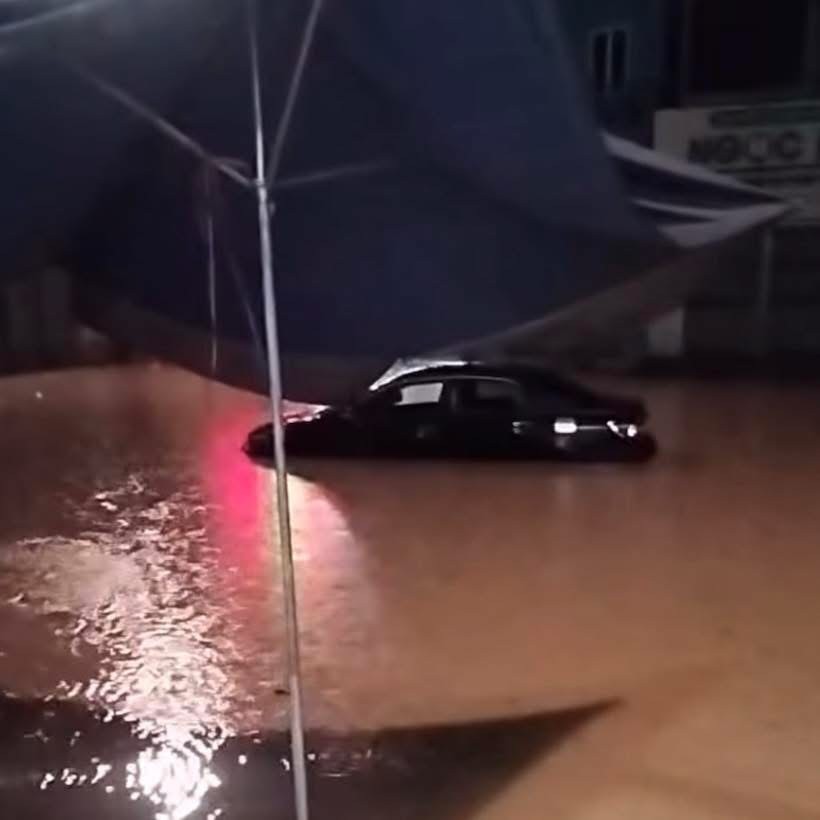
Several residential neighborhoods were submerged, and some areas experienced overnight power outages. By around 4 to 6 a.m., rainfall subsided and floodwaters began to recede gradually.
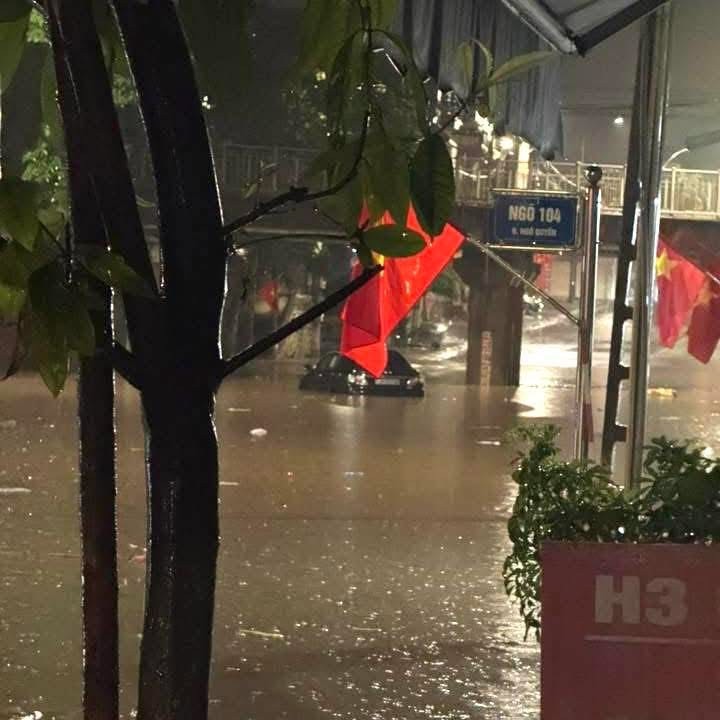
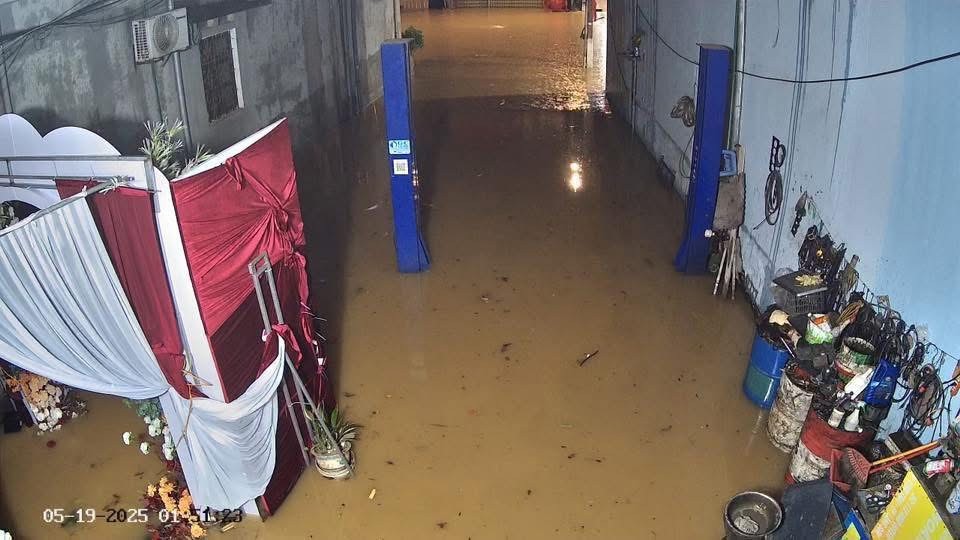
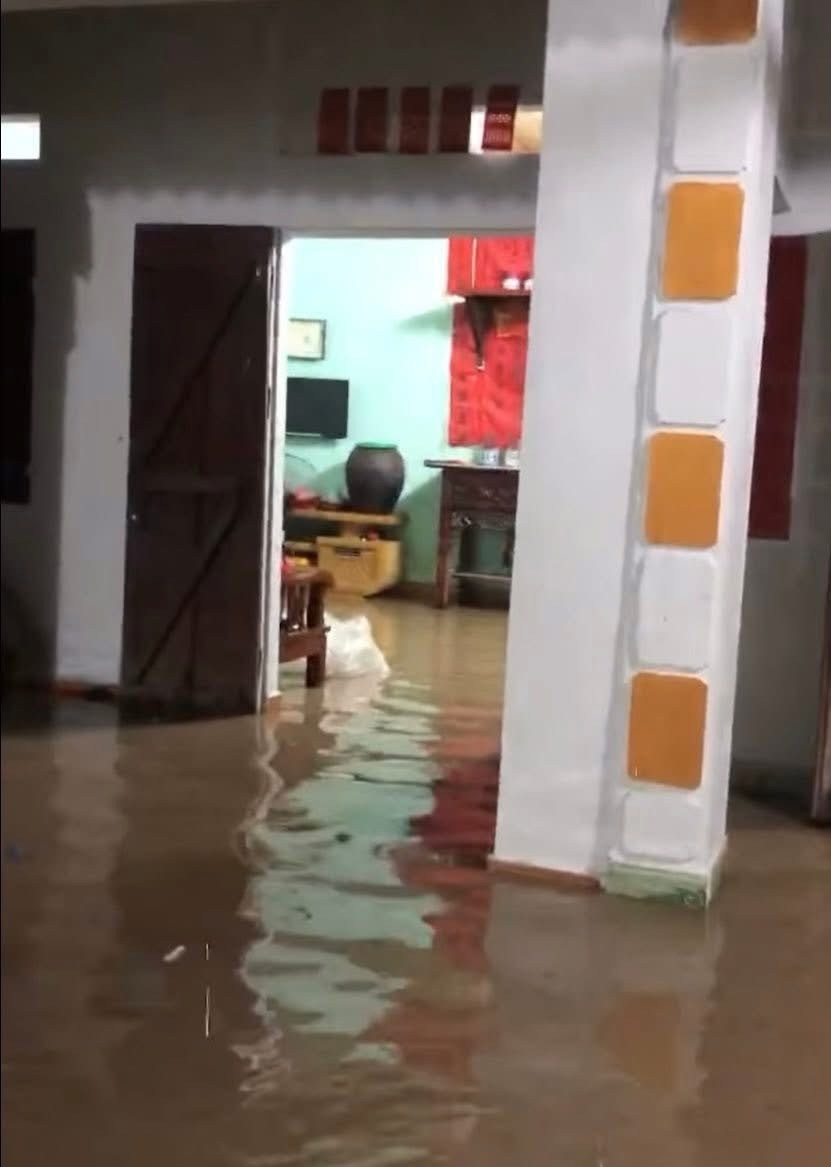
Data from the National Center for Hydro-Meteorological Forecasting showed that between 7 p.m. on May 18 and 3 a.m. on May 19, rainfall in Na Sam (Lang Son) reached 178.6mm. Vrain, an automated rainfall monitoring system, recorded a peak of 180.4mm—the highest nationwide during this weather event. Other localities also experienced significant rainfall, including Hoang Khai (Tuyen Quang) with 162mm, Binh Thanh (Thai Nguyen) with 148.8mm, and Cao Tan (Bac Kan) with 112.6mm.
The forecast for May 19 warns of continued volatile weather in the North: morning showers, afternoon sunshine, and potential thunderstorms by nightfall. Northeastern provinces are expected to see moderate to heavy rainfall ranging from 20–40mm, with isolated areas receiving over 70mm. The Northwestern region, Thanh Hoa, and Nghe An face risk of intense, localized downpours exceeding 30mm—potentially surpassing 50mm within just three hours.
However, beginning May 20, meteorologists predict a gradual decline in rainfall intensity across the region.


